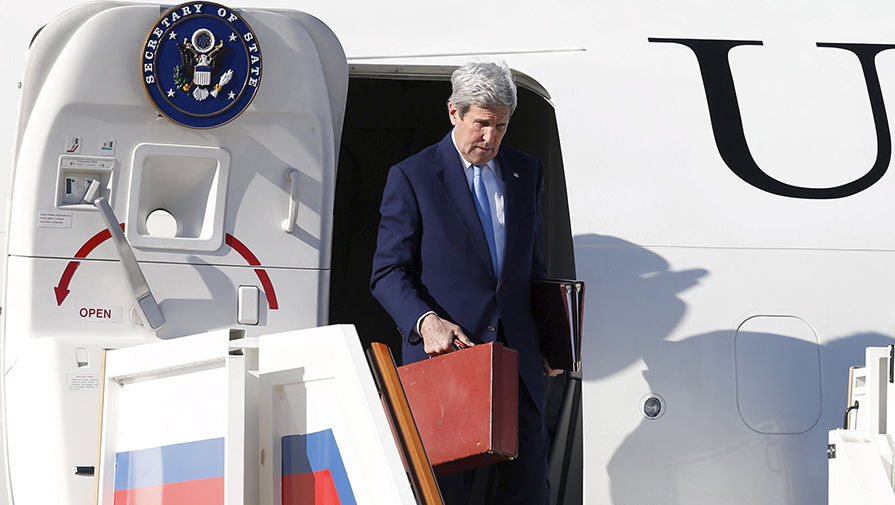Limits Revealed in ROK-US-China-Japan Summit Meetings
It is regrettable that a solution for the nuclear issue has not materialized at these talks. Although South Korea, the U.S. and Japan have reconfirmed a policy of strengthening pressure against North Korea, measures to create dialogue with North Korea have not been discussed. On a related note, Chinese President Xi Jinping stated in a summit meeting with U.S. President Barack Obama that he expects to promote and increase “communication and cooperation.” China’s proposal to hold parallel discussions on denuclearization and a peace agreement has not progressed; rather there seem to be complaints about it. It is irresponsible for the ROK-U.S.-Japan dialogue to focus only on sanctions against North Korea. Without earning China’s faithful cooperation, there is a hole in the sanctions meant to resolve the nuclear issue.
It is also problematic that rather than coming up with a solution to the nuclear issue, the United States and Japan seem more focused on strengthening security cooperation with South Korea. Specifically, Japanese Prime Minister Shinzo Abe urged “visible, concrete cooperation” with the ROK-Japan comprehensive military intelligence protection agreement, which one can interpret as condescending. In fact, this attempt to build a military alliance among the three countries increases the chance for confrontation in Northeast Asia. South Korea cannot expand the limited ROK-U.S.-Japan security cooperation that is meant to respond to threats from North Korea. More than pushing ROK-U.S.-Japan security cooperation, it is a mistake not to address Japanese militarization, comfort women and Japan’s rewriting of history.
The biggest divide is the problematic deployment of the Terminal High Altitude Area Defense system on the Korean peninsula. President Xi Jinping revealed for the first time at the summit meetings that he “staunchly opposes the deployment.” If the South Korean and American governments push forth with deploying THAAD, a strategic confrontation between ROK-U.S.-Japan and China-Russia will come to fruition. President Obama and President Xi Jinping have also had a head-on confrontation about problems in the South China Sea. The relationship of U.S.-Chinese conflict and cooperation now seem to be trending toward the side of conflict.
In these successive meetings, our country needs to discuss these issues with full force, including the issue of the South China Sea, as all these issues are deeply related to South Korea. Furthermore, our attitude is equally important. We must steadfastly hold the center and seek to widen the harmonious road in order to solve the nuclear issue and draw out a framework for peace in Northeast Asia.

